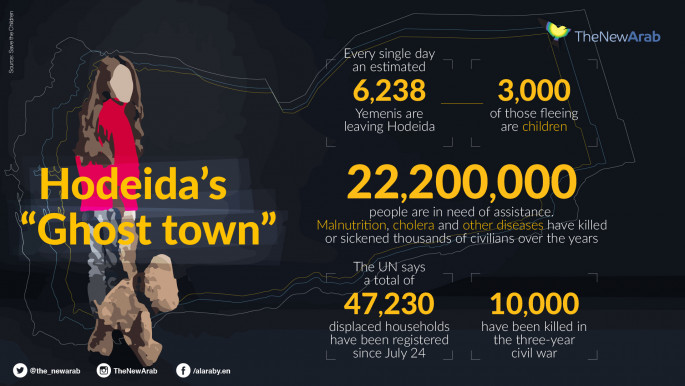US administration resists calls to end support for Saudi-led coalition in Yemen
The US will continue to provide military aid to the Saudi-led coalition in Yemen, despite calls for support to end due to mounting civilian casualties and a humanitarian catastrophe.
Calls within Congress have been made to cut military support to the coalition following the murder of journalist Jamal Khashoggi at the Saudi embassy in Istanbul on 2 October.
The State Department said that despite the pressure from within the US political establishment Washington will continue to aid Riyadh in the Yemen war.
"There are pressures in our system... to either withdraw from the conflict or discontinue our support of the coalition, which we are strongly opposed to on the administration side,” said Timothy Lenderking, Deputy Assistant Secretary for Arabian Gulf Affairs, according to Reuters.
"We do believe that the support for the coalition is necessary. It sends a wrong message if we discontinue our support."
The US says it is helping Saudi Arabia, the UAE and other members of the Arab coalition battle Iranian-backed Houthi rebels, to enable to internationally-recognised government to reestablish contol in the country.
It also has condemned the Houthis firing of missiles into Saudi Arabia, with Riyadh claiming that Iran has enabled the rebels' ballistics programme.
The coalition's air campaign against the Houthis has been sharply criticised for the huge civilian death toll and destruction to infrastructure in the Arab world's poorest country.
The UAE-led offensive on the port of Hodeida has also ignored warnings from the humanitarian community that the battle could plunge Yemen into famine.
The US did halt refuelling of coalition aircraft last month, and is believed to have put pressure on Riyadh to agree to peace talks currently being held in Sweden.
Lenderking said this is an "vital first step" to ending the war in Yemen, despite the UN being cautious about talking up the significance of the talks.
Both sides are still bitterly opposed on several major stumbling blocks to ending the war, including the status on the Red Sea port, but prisoner exchanges have been agreed in a sign of goodwill.
 |
| [click to enlarge] |
"Looking down the road we seek a stable and unified Yemen that fosters rather than drains regional and global stability," said the State Department official.
"There is no place in a future Yemen for an Iranian-backed threat to Saudi Arabia, the UAE and vital international economic quarters."
Yemen's war broke out in September 2014 when Houthi rebels took over the capital Sanaa forcing the government south.
The war escalated with the intervention of the Saudi-led coalition in March 2015, with at least 10,000 killed, many of the victims civilians from air strikes.





 Follow the Middle East's top stories in English at The New Arab on Google News
Follow the Middle East's top stories in English at The New Arab on Google News


